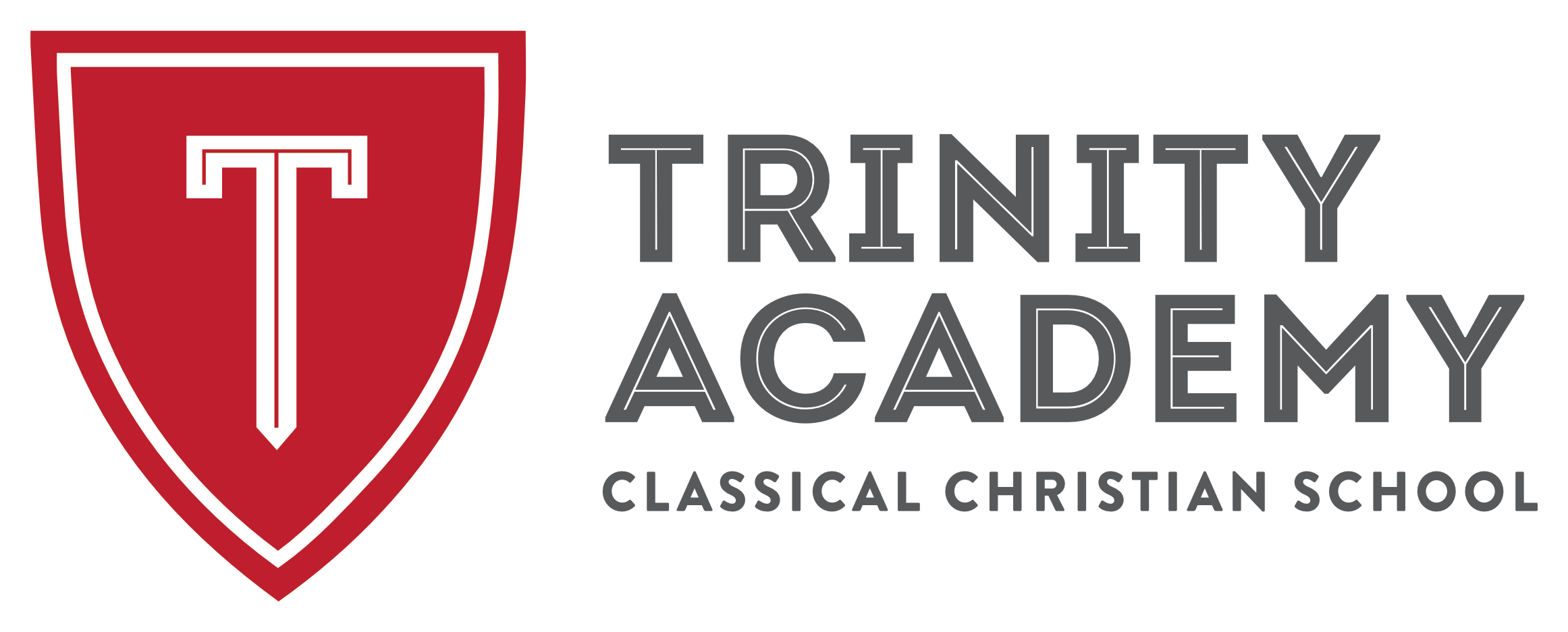HYBRID MODEL EDUCATION

Professional Educators partnering with parents.
Love the Lord your God with all your heart and with all your soul and with all your strength. These commandments that I give you today are to be on your hearts. Impress them on your children. Talk about them when you sit at home and when you walk along the road, when you lie down and when you get up. Tie them as symbols on your hands and bind them on your foreheads. Write them on the door frames of your house and on your gates. (Deuteronomy 6:5-9)
The Hybrid model puts parents in their God-given place in charge of their child’s education. While the school provides expertise and resources for parents, the parents remain at the center of their child’s education by personally providing individualized instruction to them multiple times a week.
Hybrid Model
Overview
The hybrid model redirects some portion of a child’s learning process from structured classroom time to other more informal venues as chosen by the students and their parents, encouraging strong family relationships. A hybrid schedule is adapted to the primary and secondary school environments.
- Professional teachers conduct classroom instruction in scheduled, more formalized settings.
- Students attend three days of structured classroom instruction per week for Grammar School (Monday, Tuesday, and Thursday). Students attend four days a week for the Logic and Rhetoric Schools (Monday through Thursday).
- Parents continue lessons or monitor their child’s learning during off campus days.
Involved Parents
The parental roles in educating their children within a hybrid model are much greater than ensuring their children make it to and from school and queries that do not explore their learning experience (e.g., Is your homework done? What did you do in school today?). Parents need not have teaching experience but must commit the time to actively engage, direct, instruct, and mentor their children as students. A co-teacher bears the responsibility of managing their child’s off-campus activities. Parents will play different roles throughout the educational experience:
- Co-instructor – During the Grammar School years, there is a slow transition from being the primary teacher to implementing a joint effort with professional educators and part-time structured classroom instruction.
- Course Monitor – The parental role of encouragement and progress monitoring is of primary importance during areas of study (particularly skills development) where most of the teaching occurs in more formal settings.
- Guide for Dependent Study – The parental role becomes more one of ensuring the student’s study habits and diligence remain adequate usually occurs at the beginning Logic School (7th grade equivalent) through the first year of Rhetoric School (10th grade equivalent).
- Guide for Independent Study – The final two years of Rhetoric School will see the parental role becoming that of a facilitator; providing progress oversight and ensuring that study inputs are made available when needed.
- Project Assistant – Educational projects may require a parent to take on a supporting role.
- Activity Supporter – During times when the learning activities of a child do not require the direct involvement of a parent, the role becomes that of continuing to teach the child Christian character and virtue to be exhibited during the activity.
Schedules
Typical hybrid model schedules for primary and secondary students are as follows:
- Grammar School (K-6th Grades) – Attend formal classes three days a week (M/T/TH) with parents as co-teachers on non-classroom days
- Logic School (7th-9th Grades) – Attend formal classes four days (M/T/W/TH) a week with parent-guided self-study on non-classroom days.
- Rhetoric School (10th-12th Grades) – Attend formal classes four days (M/T/W/TH) a week with independent study under parental oversight.
